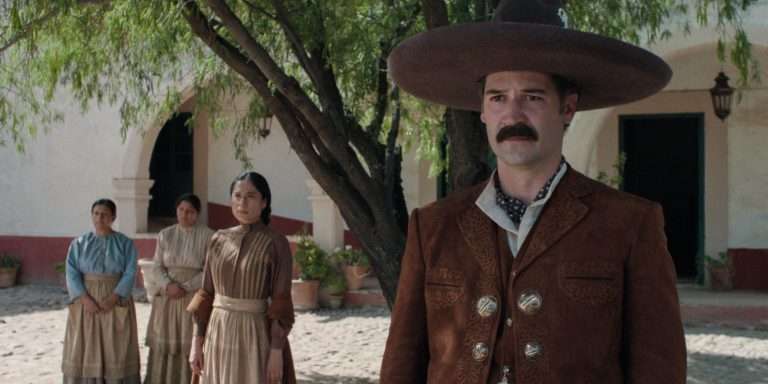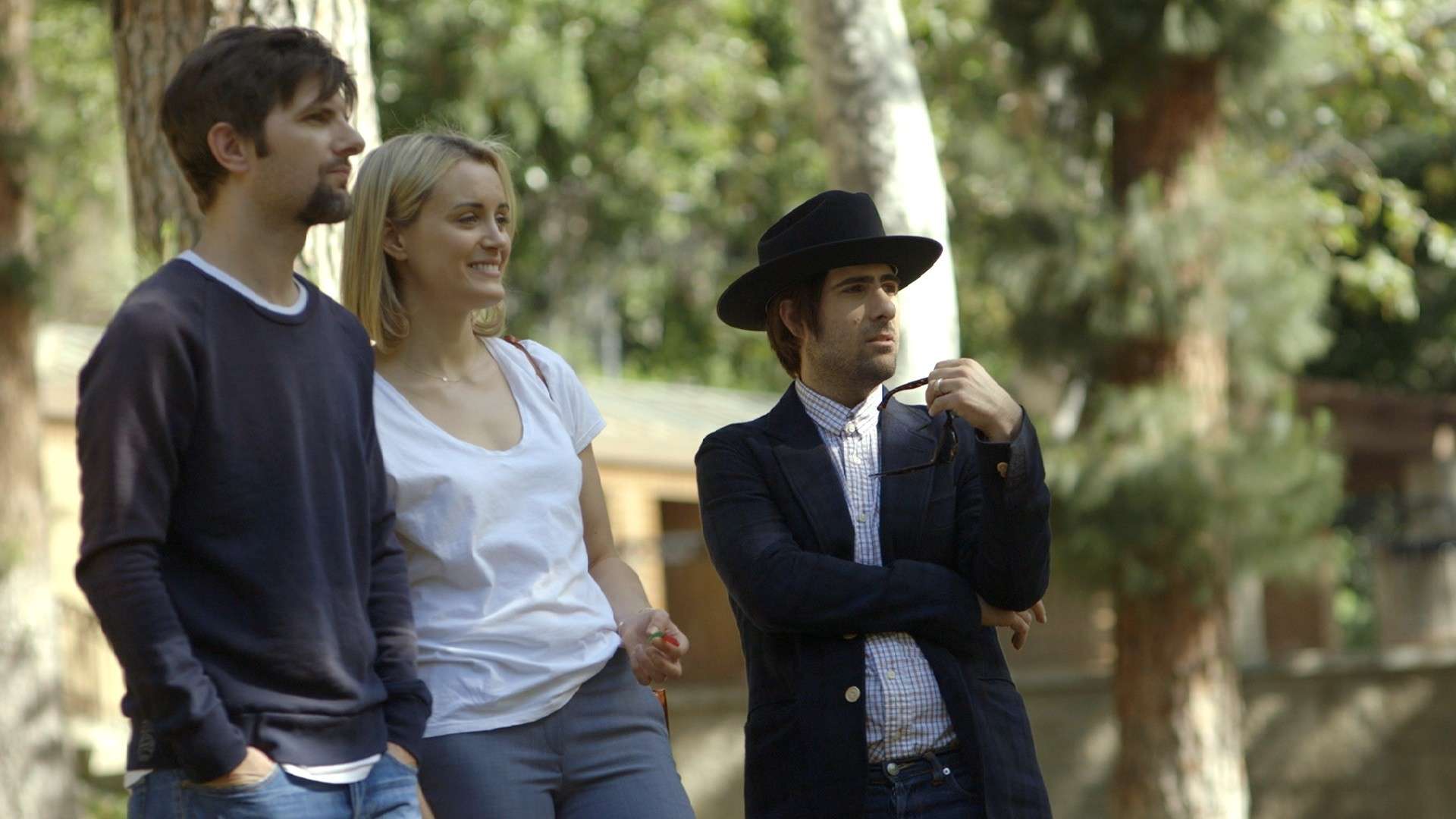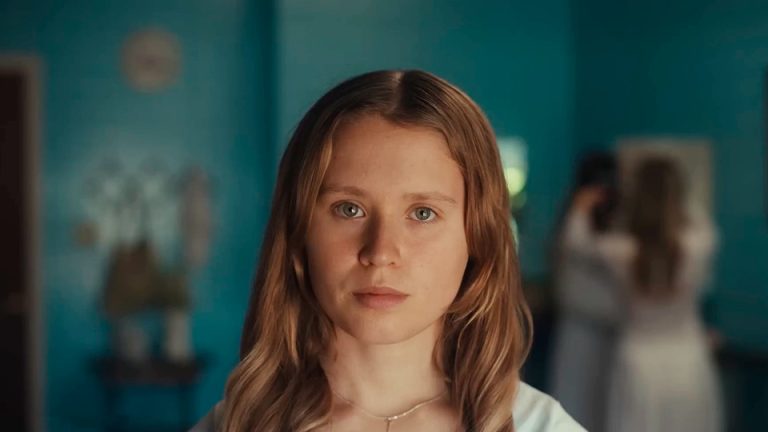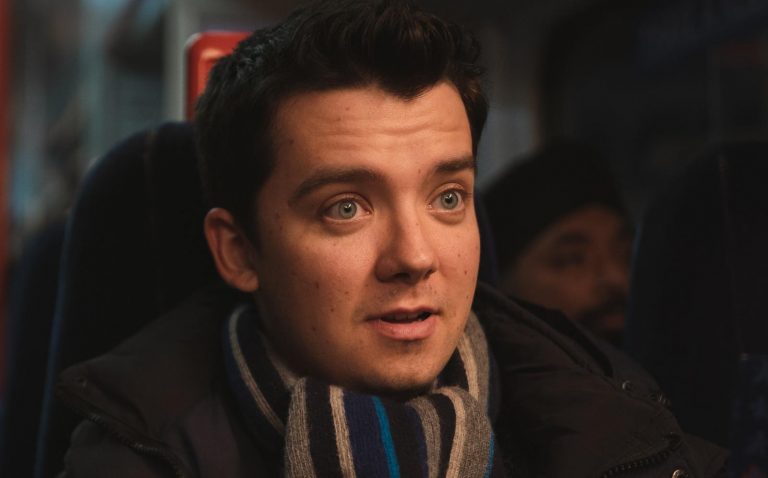Our love for cinema is of no use if it is based on the mere romanticization of the medium. Sensuous longing for an image or two neither bolsters the medium nor solidifies the critical intelligentsia of the audience. It rather leads to idolatry, fetishism, and turns the whole medium into a commodity, lacking socio-political consciousness. This is why I have previously argued in my pieces for a genre that can be titled “Cinema of Urgency.”
Unlike the genres – such as classics, noirs, neo-noirs, and others – with which we regularly engage, the “Cinema of Urgency” would be a makeshift room for films that emerge from time to time to record contemporary dissent and the temporal shifts in dialectics. Once the state of affairs, shown in the films, changes – since change is a constant – the films might leave their rooms and register themselves under other available canonical genres. This compartmentalization is extremely important for us to engage with the gamut of contemporary political cinema made out of urgency.
Lately, I had the opportunity of watching two of Franz Böhm’s films: “Dear Future Children” (2021) and “Rock, Paper, Scissors” (2024). Both of them inevitably fall under the genre of “Cinema of Urgency.” While the latter is our subject for this piece, a brief engagement with the first is necessary to get an idea of Böhm’s stylistics.
Franz Böhm is a German filmmaker, but his subject has, to date, remained invariably international. He made his breakthrough in cinema at the age of 16, but Böhm received critical attention after “Dear Future Children.” He was just 21 when he filmed “Dear Future Children.” The documentary unfolds three separate incidents of dissent, uprising, and agitation taking place respectively in Uganda, Hong Kong, and Chile involving three young female activists. What stunned me while watching the documentary was the filmmaker’s extreme focus on his subjects through whom he intends to document the protest and achieve his objective.
It felt as if the maker is not bothered at all in shaping his images with canonical aesthetic tropes because he simply is not interested to cater us a film with beautiful imagery but a film that needs urgent engagement. This approach upholds his project from the quagmire of bourgeois musings on aesthetics and places it in the sphere of truthful cinema. I heard Böhm talking about his choice of moulding the subjects in the documentary form in an interview. He argued that while a feature film can focus upon a single subject and place it in a dramatic setting, a documentary, in contrast, has the potential to cover the subject and its counterparts without bothering about the traditional feature film aesthetics. This only helps us grasp the problem in its entirety.
“Rock, Paper, Scissors” is, however, not a documentary but based on true events. This BAFTA-winning short has recently been screened at the 21st Oscar-qualifying Hollyshorts in L.A. The short unpacks the heroic yet poignant incident of the Ukrainian Braveheart “Ivan.” Ivan (played by Oleksandr Rudynskyi) assists his father in a makeshift hospital at the frontline of war. When eight Russian soldiers destroy their security drone and approach the bunker, Ivan shoots himself in the leg, pretending that the Ukrainian soldiers had shot him and fled, and confronts the Russian army, almost giving up his life, in order to save his father and the injured patients.

Once the incident, the one Böhm filmed was over, Ivan moved on to serve the Ukrainian army and was deployed to the front line in April 2023. He lost his life in combat in January 2024. However, Franz Böhm had the chance to discuss and develop his project with the real Ivan, which undoubtedly added an organic flavour to the screenplay.
Böhm’s leap from documentary to conventional storytelling did not at all subdue the truthfulness he aspires to offer, but a tilt in his aesthetic modulation of filmmaking is quite vividly noticeable in “Rock, Paper, Scissors,” which, howbeit, was necessary in this case. Unlike “Dear Future Children,” here it was not the streets where Böhm’s camera moved and recorded everything relentlessly. Since the Russia-Ukraine conflict is not over yet, it was not possible to shoot the film in Ukraine, so the team moved to England and the film was shot there. For the bunker, where Ivan and his father ran the hospital, the makers chose a chocolate factory and turned it into a bunker.
It was a fantastic job done by the film’s set designer, Shivani Bhawnani. Hsien Yu Niu, the cinematographer, and the film’s composer, Marcin Mazurek, deserve hearty accolades. The camera operation was neither subjective nor was it a camera having the qualities of an omnipotent narrator. It became the very eye of the viewer. Through this process, it paved the way for us to connect with and understand a war-ridden human. Bypassing soliloquies and Ivan’s mental interludes, the maker kept the character’s urgency to act intact and thorough, and this urgency permeated our minds and hearts. The unrest peaked in the sequence where Ivan finds himself almost marooned by his own army and confronts eight Russian soldiers. Occasional silences, dreadful flying jets, necessary ambient sounds, and a metal-void-like score aided the screenplay in a just way. It couldn’t have been any better.
The crisis “Rock, Paper, Scissors” has depicted is not over yet. We are yet to see and go through the pitfalls and dire consequences the war is about to bring. Yet the film has come forth with breathtaking imagery. So, in a sense, the short is way ahead of its time. Where the film truly rises to the level of cinema par excellence, at least in my view, is in its ability to make every moment of its twenty-minute runtime count, leaving nothing wasted. Apart from a few rough cuts, which for me a couple of times disrupted my attention, it has not derailed at all in its runtime.
Finally, a brief note for Franz Böhm. Böhm is currently cultivating a cinematic brilliance in the sphere of socio-political crises, which needs serious attention from the audience’s end, and I believe the attention is worth paying. I look forward to engaging with Franz Böhm’s films in the near future.


![Other Music [2020] Review – Joyful, Melodic Remembrance](https://79468c92.delivery.rocketcdn.me/wp-content/uploads/2020/05/Other-Music-highonfilms-768x432.jpg)


![A Spike Lee Joint: Jungle Fever [1991]](https://79468c92.delivery.rocketcdn.me/wp-content/uploads/2018/04/vlcsnap-error616-768x432.jpg)
